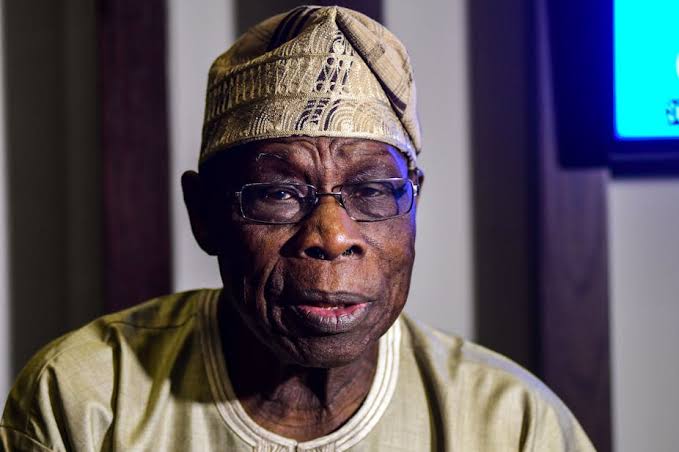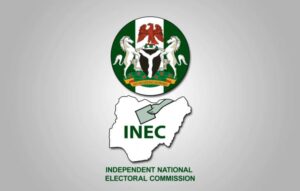Nigeria’s former president, Olusegun Obasanjo, recently voiced his deep concerns over the nation’s worsening debt situation, an issue he tackled aggressively during his time in office. In an exclusive interview with Kayode Akintemi of News Central Television, Obasanjo explained how his administration strategically managed Nigeria’s finances to achieve substantial debt relief and build financial reserves that would benefit future governments. Today, however, the country’s debt has surged, and Obasanjo attributes this decline to leadership failures.
When Obasanjo took office in 1999, he inherited a staggering national debt of close to $36 billion. According to him, the country was spending around $3.5 billion annually just to service its debt, a situation that severely impacted Nigeria’s ability to invest in critical infrastructure and social services. To tackle this, Obasanjo and his team launched a series of financial reforms and secured debt relief agreements that eventually brought the debt down to around $3.5 billion by the end of his presidency in 2007. This reduction enabled the government to redirect funds towards growth and development initiatives across the country.
In addition to reducing debt, Obasanjo’s administration built Nigeria’s financial reserves from $3.7 billion to approximately $45 billion. His government also set up an “excess crude” account, which stored any oil revenue beyond budget projections. This account alone held about $25 billion by the time he left office. Altogether, Obasanjo left Nigeria with around $70 billion in financial assets.
Obasanjo explained that his administration practiced conservative budgeting, carefully balancing projected revenues and expenses. The “excess crude” account was designed to cushion the country during economic downturns or oil price fluctuations, ensuring that Nigeria would have a financial safety net. Obasanjo believed that this surplus would offer future administrations the flexibility to navigate challenging financial situations.
Reflecting on the current state of Nigeria’s economy, Obasanjo expressed disappointment over the depletion of these funds and the rapid rise in debt. He noted that despite the reserves and the additional revenues the country earned over the years, Nigeria’s debt has once again exceeded the levels seen in the late 1990s. This, according to Obasanjo, signals a fundamental issue with leadership and financial planning.
“Between 2007 and now, all that amount of money has gone; all of it,” Obasanjo stated, expressing concern about the direction Nigeria has taken in handling its finances. He warned that the significant increase in debt without corresponding investments in sustainable growth or financial stability reflects poor financial management at the leadership level.
Obasanjo’s words highlight the importance of responsible leadership, particularly in managing a nation’s finances. His administration prioritized financial health and long-term stability, understanding that a strong reserve and controlled debt levels would empower Nigeria to build a more resilient economy. He believes that a lack of commitment to financial discipline by successive leaders has left the nation vulnerable to economic challenges, increasing the debt burden on future generations.
Obasanjo’s experiences underline key lessons for Nigeria: the need for consistent financial planning, strong leadership, and transparency in managing national resources. To reverse the current debt trend, Obasanjo suggests Nigeria’s leaders focus on financial reforms that emphasize debt reduction, strategic budgeting, and rebuilding reserves.
In an era where Nigeria faces numerous economic challenges, Obasanjo’s perspective serves as a reminder of the importance of safeguarding national assets and practicing prudent financial management. His vision for Nigeria was one of sustainable growth, where the country could rely on its resources to face economic hurdles. As the debt crisis deepens, his advice could serve as a blueprint for Nigeria’s leaders on the road to financial recovery.







